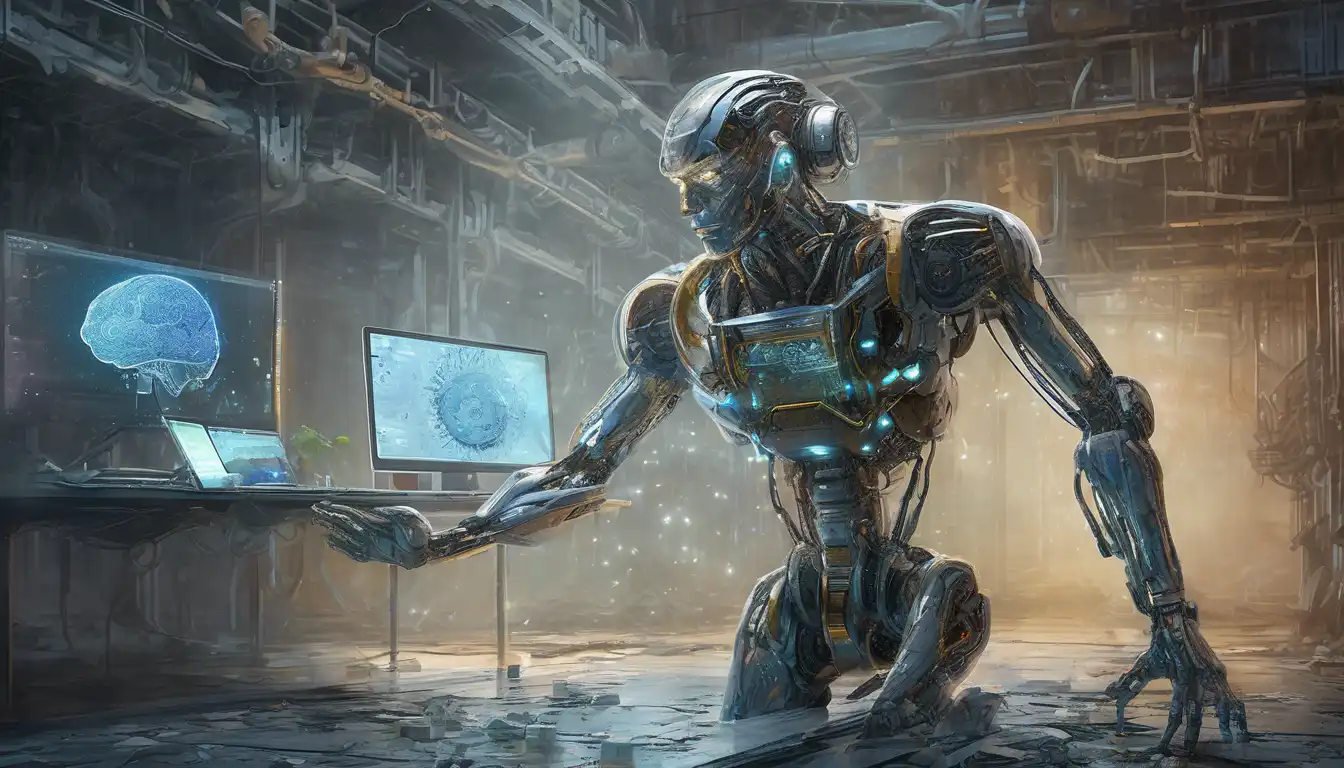Introduction to Artificial Intelligence
Artificial Intelligence (AI) has become a cornerstone of modern technology, influencing everything from how we interact with our smartphones to the way businesses operate. Despite its widespread application, there are numerous myths surrounding AI that often cloud the public's understanding of its capabilities and limitations. This article aims to separate fact from fiction, providing a clear-eyed view of what AI can and cannot do.
Myth 1: AI Can Think and Feel Like Humans
One of the most pervasive myths is that AI possesses consciousness or emotions akin to humans. In reality, AI operates based on algorithms and data inputs. It can simulate aspects of human thought processes but lacks self-awareness or genuine emotional responses. For more insights into how AI works, check out our guide on AI fundamentals.
Myth 2: AI Will Replace All Human Jobs
While AI is transforming the job market, the notion that it will render human workers obsolete is exaggerated. AI excels at automating repetitive tasks but struggles with jobs requiring creativity, emotional intelligence, and complex decision-making. The future likely holds a collaborative relationship between humans and AI, with each complementing the other's strengths.
Myth 3: AI Is Infallible
Another common misconception is that AI is free from errors. However, AI systems are only as good as the data they're trained on. Biases in data can lead to skewed outcomes, and without proper oversight, AI can perpetuate or even amplify these biases. It's crucial to approach AI with a critical eye, recognizing its potential flaws.
Reality: AI Is a Tool, Not a Magic Solution
The truth is, AI is a powerful tool that can enhance efficiency and open new possibilities, but it's not a panacea. Its effectiveness depends on how it's implemented and the quality of the underlying data. By understanding AI's real capabilities, we can harness its potential responsibly and ethically.
How to Stay Informed About AI
Keeping up with the latest developments in AI can be challenging, but it's essential for separating myths from reality. Follow reputable sources, participate in forums, and consider enrolling in courses to deepen your understanding. For those interested in exploring AI further, our AI resources page offers a wealth of information.
Conclusion
Artificial Intelligence is undoubtedly transforming our world, but it's surrounded by myths that can distort our perception of its role. By debunking these misconceptions, we can appreciate AI's true value and limitations, paving the way for informed discussions about its future. Whether you're a tech enthusiast or a skeptic, understanding the reality of AI is crucial in navigating the digital age.
